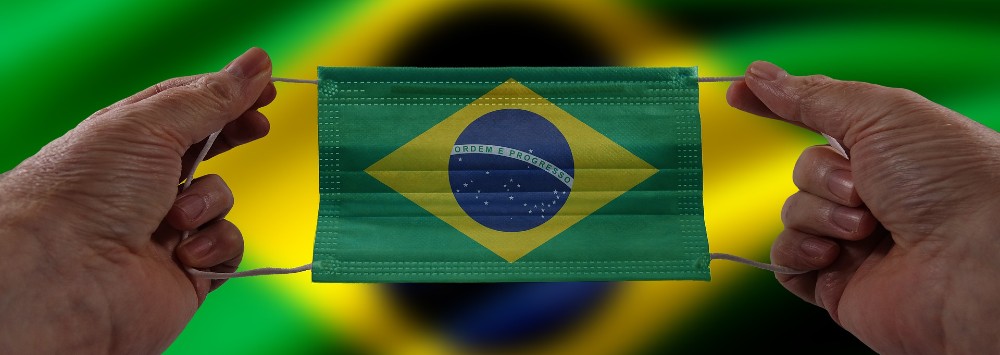
News and (Mis)information about COVID-19 in Brazil
With the increasing use of digital technologies, there are growing concerns with the spread of misinformation through social media and messaging apps. The shift to mobile platforms and social media for news is a global trend — one that has been accompanied by lower levels of trust towards traditional media outlets and rising concern with misinformation. Given the rapid development of the Covid-19 pandemic, misinformation can undermine efforts to prevent the spread of the disease by soaring public confusion. Brazil's response to the spread of Covid-19 has been controversial: while President Jair Bolsonaro has been publicly against the World Health Organization (WHO), state governors have implemented social distancing.
In this context, in this report we examine how Brazilians get information and news about the COVID-19 pandemic, whether they trust different institutions, whether they hold misinformed beliefs about COVID-19 and their propensity to vaccinate in the future in order to tackle the pandemic. We find that news use in Brazil had increased substantially during the height of the pandemic in July. However, at the same time, a third of respondents (34%) say they (almost) always actively avoid news about the pandemic. Despite the increase in news use we find that only a third of respondents were able to correctly identify misinformation about COVID-19 as being false. When political ideology is considered, those on the right are significantly more likely to hold misinformed beliefs about the pandemic.
This research has been supported by the ODA Rapid Response fund of the University of Liverpool.
Read the full report here: News and (Mis)information about COVID-19 in Brazil
The same report is also available in portuguese here: Informação e Desinformação sobre a Covid-19 no Brasil